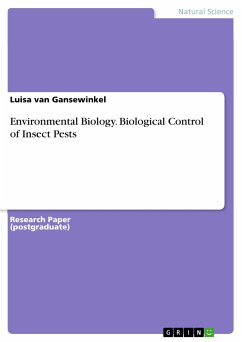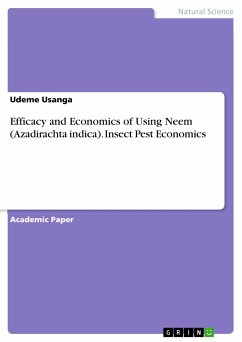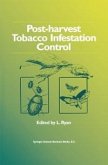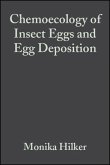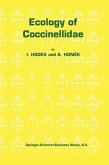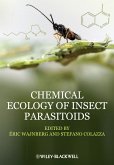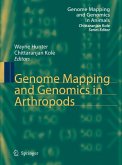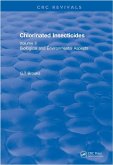Research Paper (postgraduate) from the year 2019 in the subject Biology - Ecology, grade: 1,0, National University of Ireland, Maynooth, language: English, abstract: This paper examines the historical and contemporary approaches to controlling insect pests in agriculture, with a primary focus on biological control methods. It delves into the three main strategies of biological control-importation, augmentation, and conservation-that utilize natural enemies to regulate insect pest populations. The context of this exploration is set against the backdrop of the challenges posed by insect-borne damage in crops, ranging from aesthetic harm to the transmission of plant diseases and significant crop consumption. The paper highlights the evolution from natural remedies to synthetic insecticides and the subsequent reevaluation of pest control practices, leading to the establishment of Integrated Pest Management (IPM). The advantages of biological control, particularly in wooded environments, are underscored, and the three strategies are discussed in the context of their roles in pest management. The aim is to contribute to the understanding of sustainable and environmentally friendly pest control methods, encouraging a shift towards biological sources in agriculture.
Dieser Download kann aus rechtlichen Gründen nur mit Rechnungsadresse in A, B, BG, CY, CZ, D, DK, EW, E, FIN, F, GR, HR, H, IRL, I, LT, L, LR, M, NL, PL, P, R, S, SLO, SK ausgeliefert werden.

